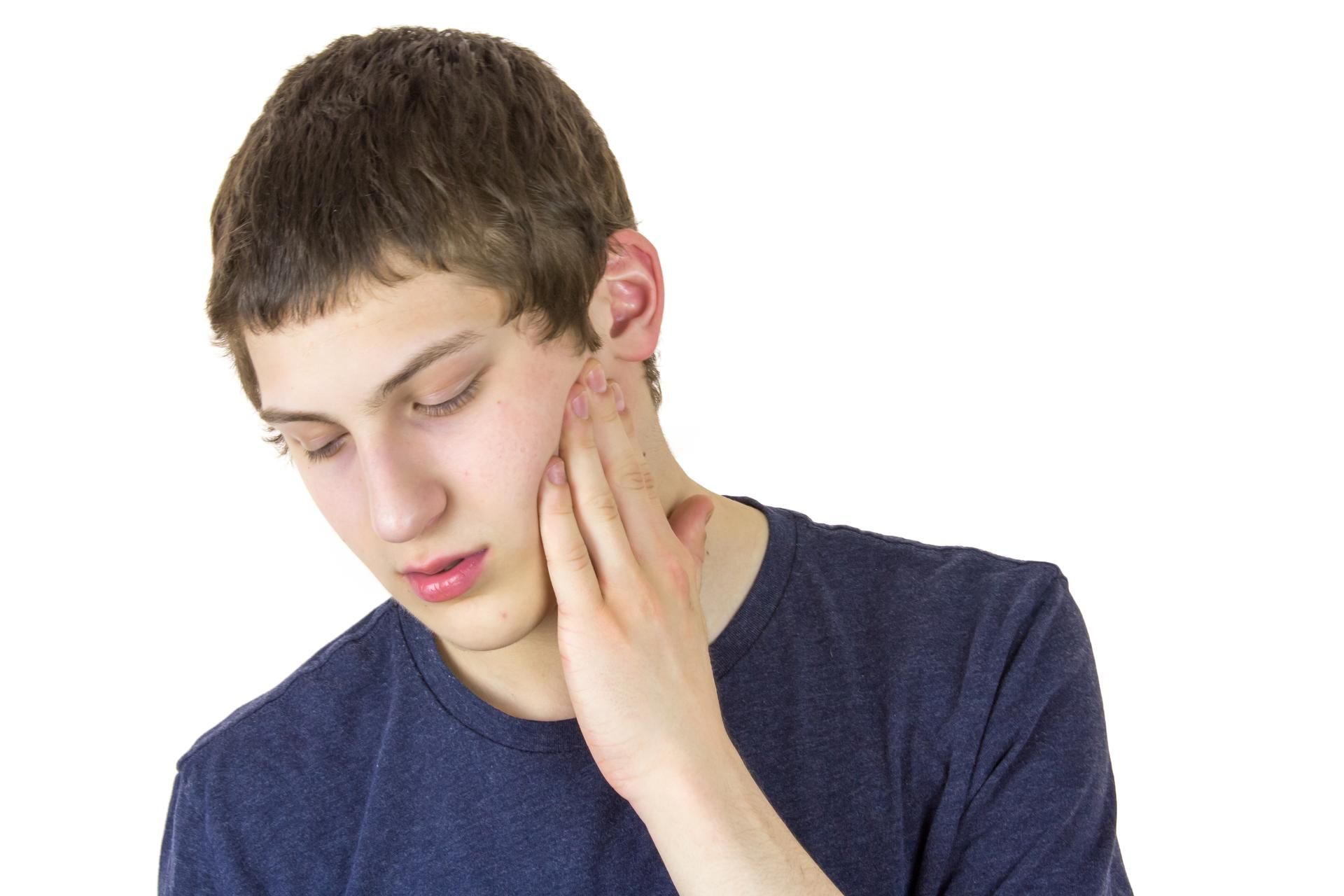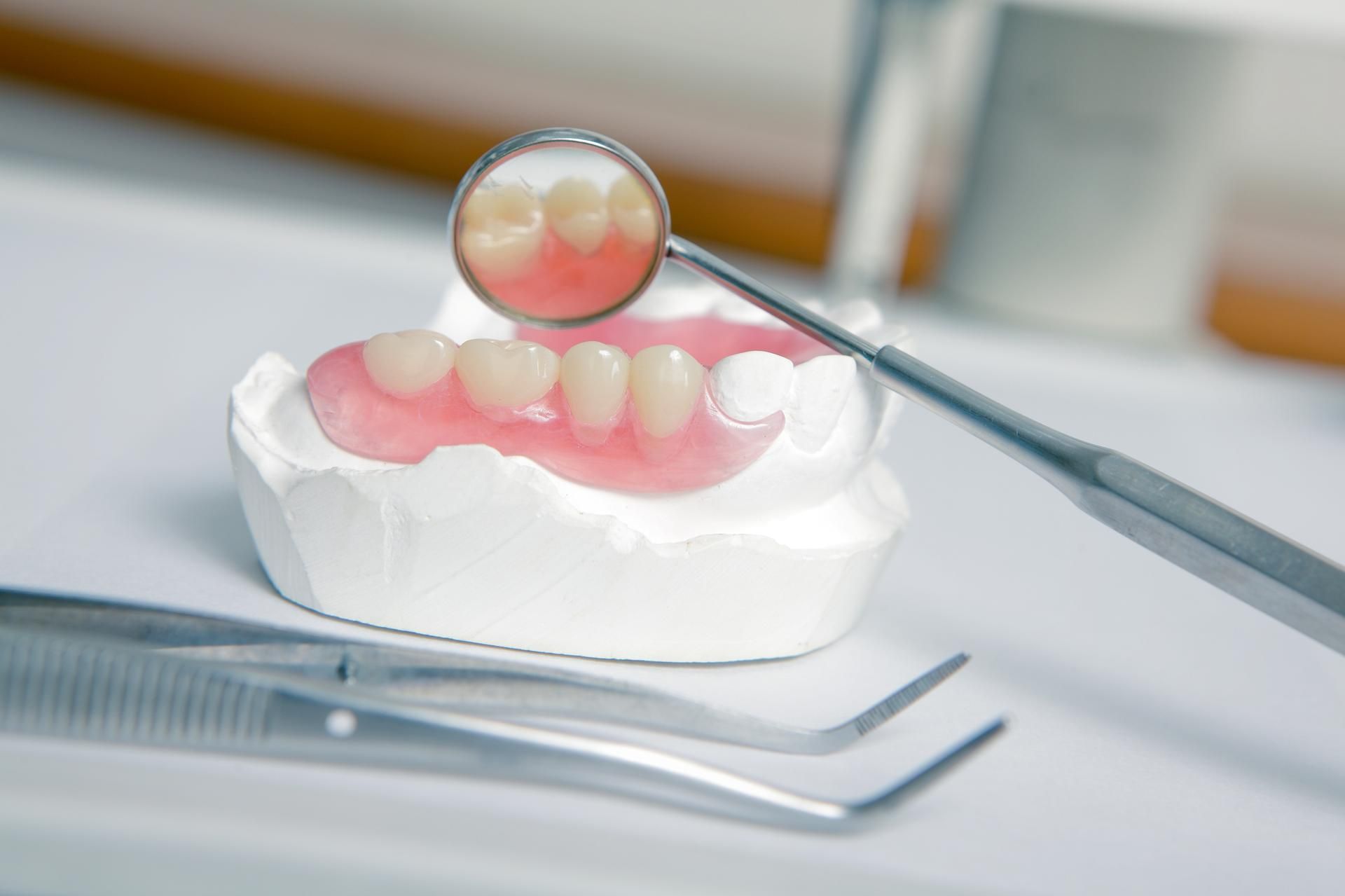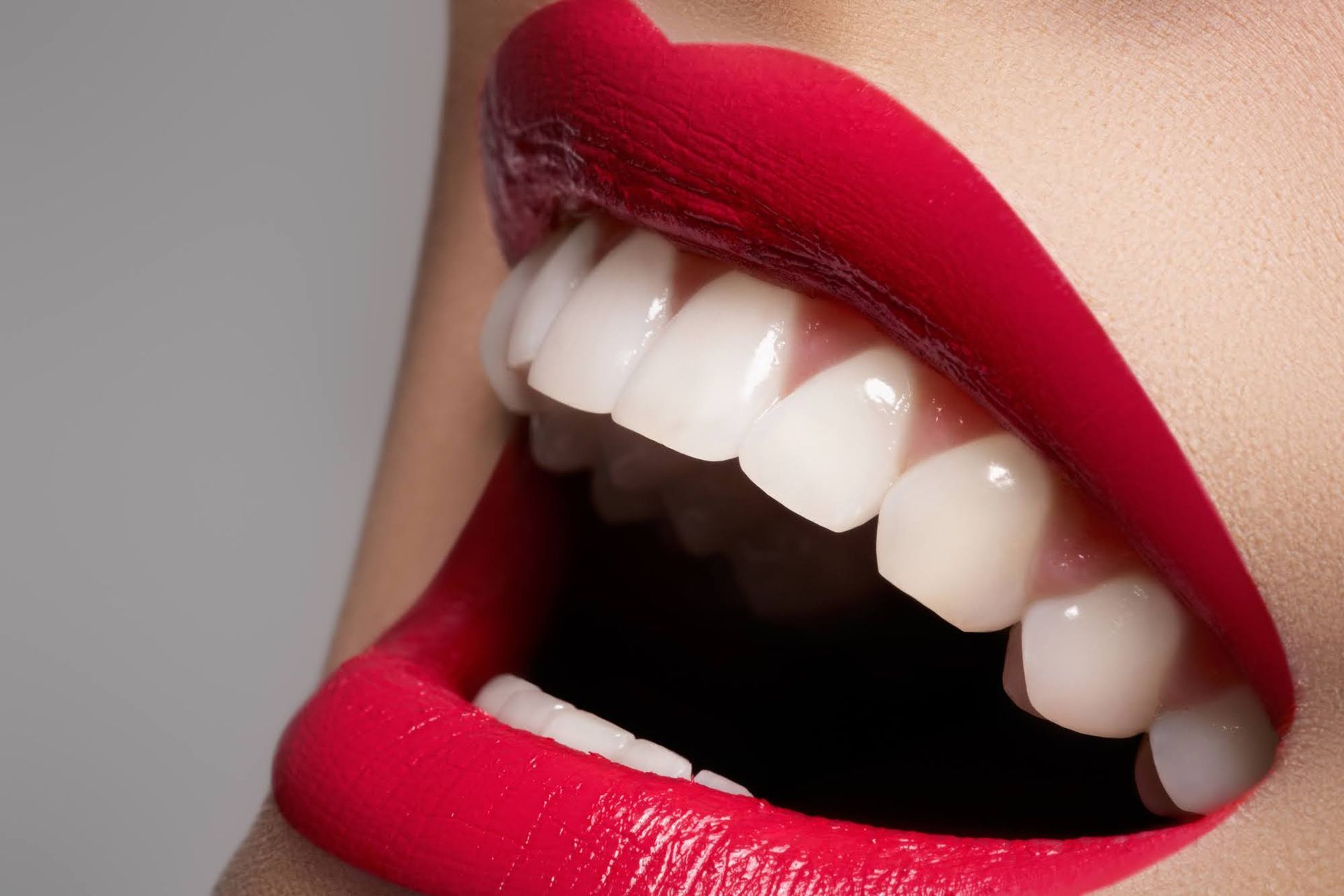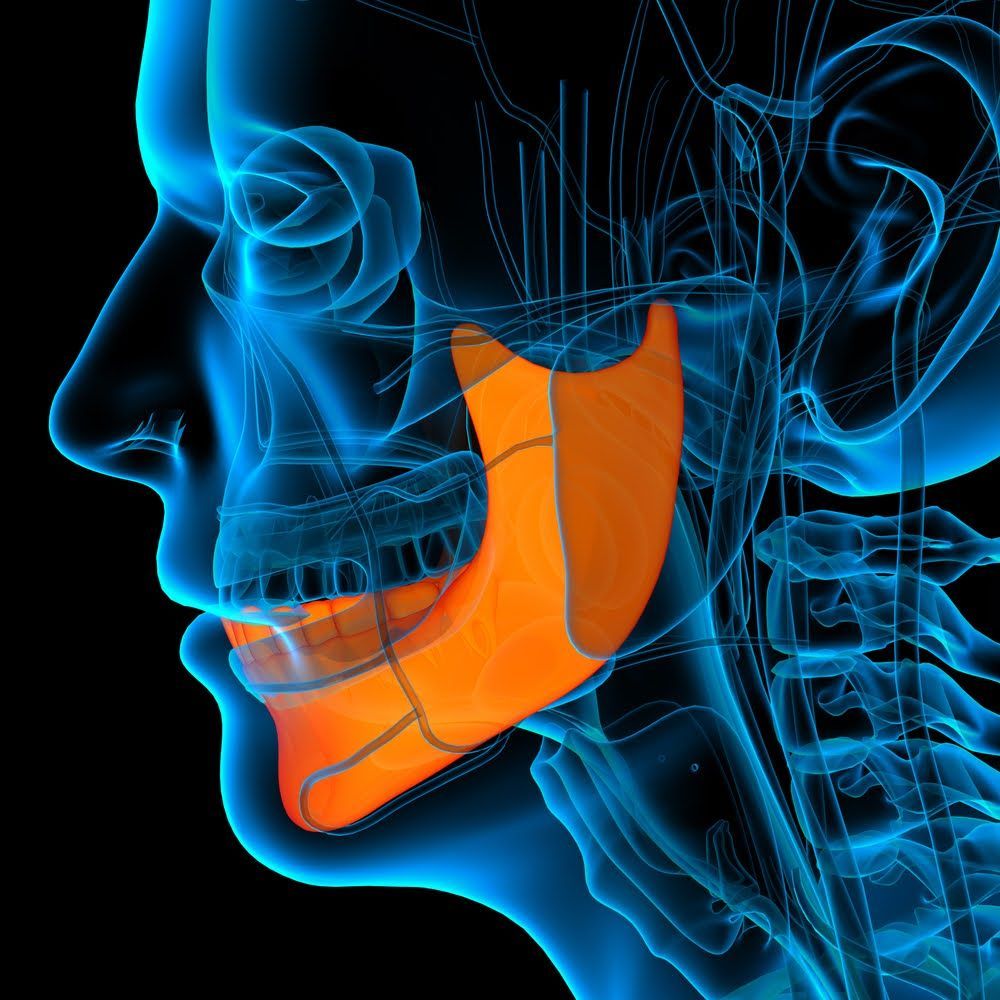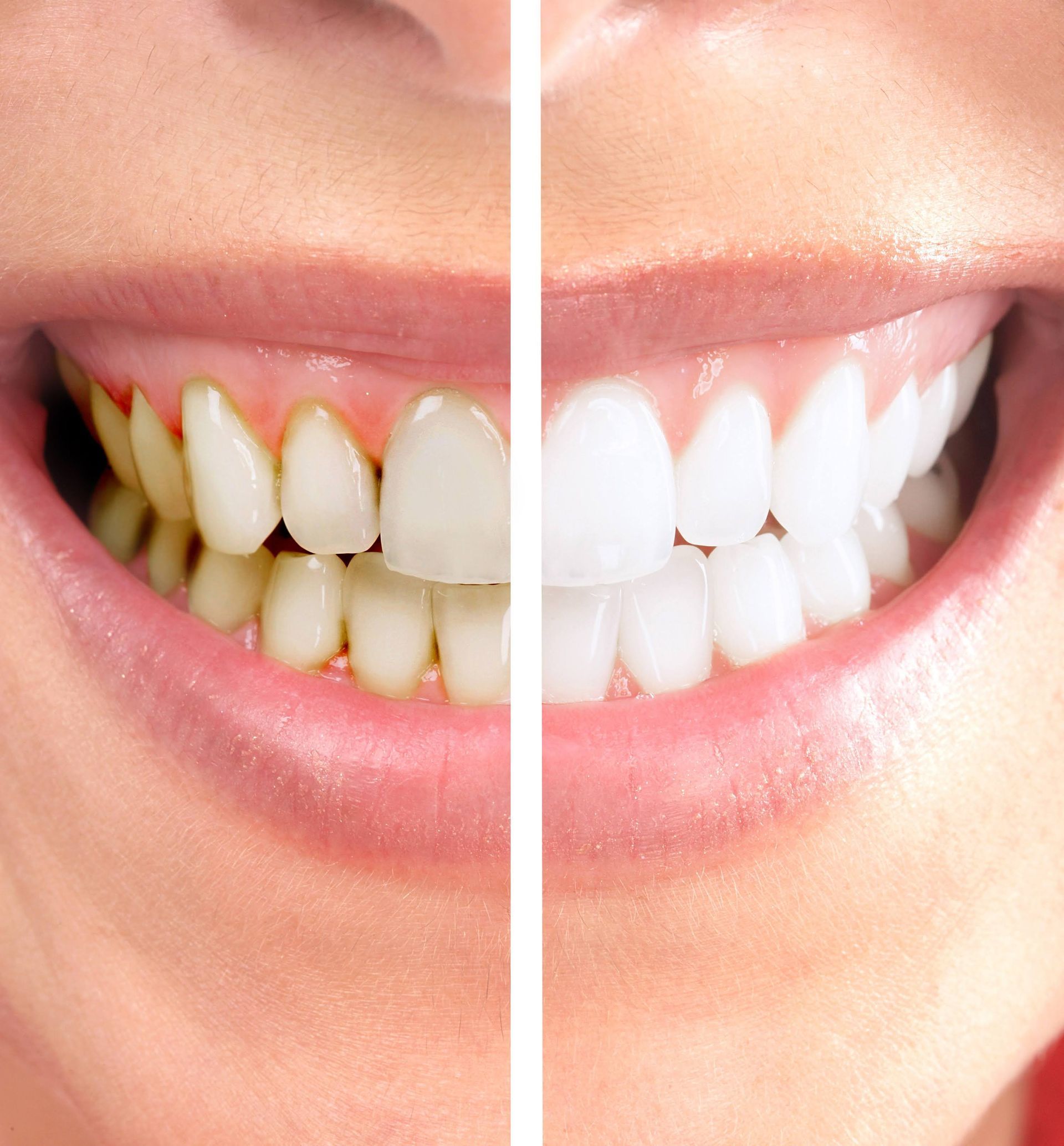7 Signs You Should Remove Your Wisdom Teeth
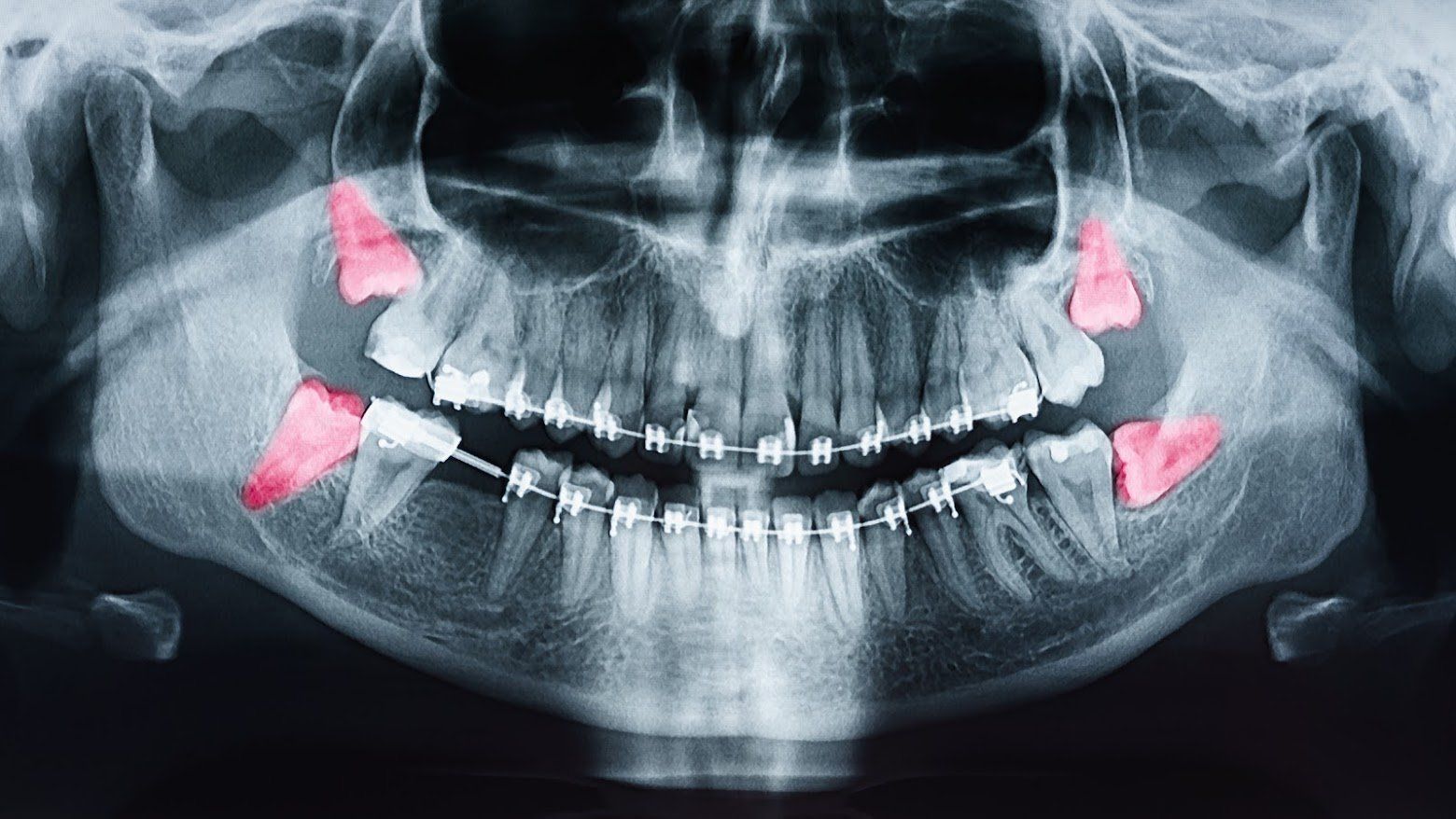
Wisdom teeth are the third set of molars that emerge between ages 17 to 25. Even so, not everyone develops wisdom teeth; in fact, 35 percent of the world population never develops wisdom teeth.
For the remaining 65 percent, wisdom teeth can be a bit problematic. In many cases, wisdom teeth extraction is the best option to prevent oral problems. If left unattended, wisdom teeth can cause problems with the surrounding teeth and gums.
The following are seven signs your wisdom teeth need to come out.
1. Overcrowding Teeth
Human jaws are not large enough to accommodate a third set of molars. However, wisdom teeth grow regardless, pushing adjacent teeth together, causing them to overlap and overcrowd.
2. Jaw Stiffness
Your jaw's structural integrity depends on all your teeth, including your wisdom teeth. Wisdom teeth that emerge incorrectly may ruin the alignment of your teeth, and change your bite and how your teeth fit together. As a result, you can experience pain and stiffness in your mouth that makes opening and closing your mouth difficult.
Misaligned jaws can lead to more serious dental issues. Therefore, see your dentist immediately if you notice stiffness in your jaws.
3. Gum Inflammation
When emerging, wisdom teeth cause the top gum tissue to become tender and sore to the touch. The gums around the emerging teeth may appear swollen and reddish. Sometimes the gums can form a painful flap making it challenging to clean your teeth.
Along with the inflammation, you may experience some bleeding from your gums when brushing.
4. Earaches or Headaches
When your wisdom teeth come in and there is not enough room for them, they may grow sideways or at an angle. The improperly positioned teeth can cause jaw pain, tenderness, swelling, and damage to other teeth.
Since the jaw connects with the ears, the pain you feel in your jaw can travel towards your head and cause ear or headaches.
5. Cysts
Cysts are capsule-like structures filled with liquid. Cysts can grow around the crown of an unerupted tooth. A cyst is dangerous to your nearby teeth and nerves and can lead to bone degeneration.
See a dentist early if you feel any pain or discomfort in the mouth. Late treatment may threaten your health. In most cases, your dentist will remove the cyst and the wisdom tooth altogether to prevent further complications.
6. Bad Breath
Wisdom teeth always erupt in hard-to-reach places, in the back of your mouth. Because wisdom teeth are hard to reach, cleaning them is also difficult.
Food or other particles get stuck in and around wisdom teeth. Food frequently getting stuck between impacted wisdom teeth cause a bacteria buildup. The sulfur compounds released by bacteria can leave you with bad breath and a bad taste in your mouth.
7. Sinus Issues
Wisdom teeth in your upper jaw can affect your sinuses. As wisdom teeth grow, their roots can put pressure on your maxillary sinuses. The sinus problem may worsen if a wisdom tooth infection spreads to the nearby sinus cavities.
Wisdom tooth removal can free you from the pain, congestion, nasal discharge, and headaches associated with the sinus issues.
You may not have problems with your wisdom teeth right now, but you may have to extract them later when they cause the health issues above. When you extract early, it is easier on your jaw and mouth. When you get older, your mouth's bones become harder, and extraction becomes more difficult. In any case, your dentist can determine whether you need your wisdom teeth removed.
Feel free to contact us at Koehn Dentistry & Aesthetics for a consultation if you suspect your wisdom teeth are causing problems.


